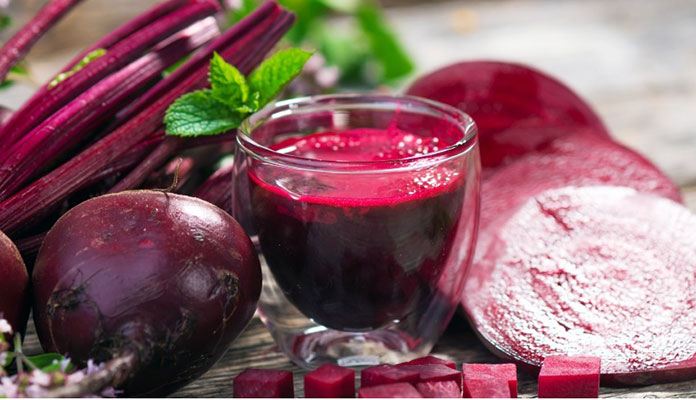What is Vitamin K?
Vitamin K refers to a group of fat-soluble vitamins with similar chemical structures. There are two common forms that are often found in the diet, including vitamin K1 and vitamin K2. From 75 to 90 percent of vitamin K that we consume are vitamin K1 or phylloquinone. This form can be found mainly in leafy green veggies and other plant foods. Vitamin K2 can be found in animal products and fermented foods. Both types play a role in many important body functions. [1]
Vitamin K Uses
When you consume foods containing vitamin K1, bacteria in the digestive system will transform it into vitamin K2, which is the storage form. The small intestine absorbs vitamin K2 and then the liver and fatty tissue store this nutrient. Vitamin K is important for the production of prothrombin, which is needed for bone metabolism and blood clotting. A deficiency of this mineral mostly affects newborn babies and people with a malabsorption issue due to ulcerative colitis, celiac disease, or cystic fibrosis. Depending on gender and age, the recommended daily intake of vitamin K can vary. Men need around 120 mcg per day, while women over 19 years old should take in around 90 mcg a day. [2]










